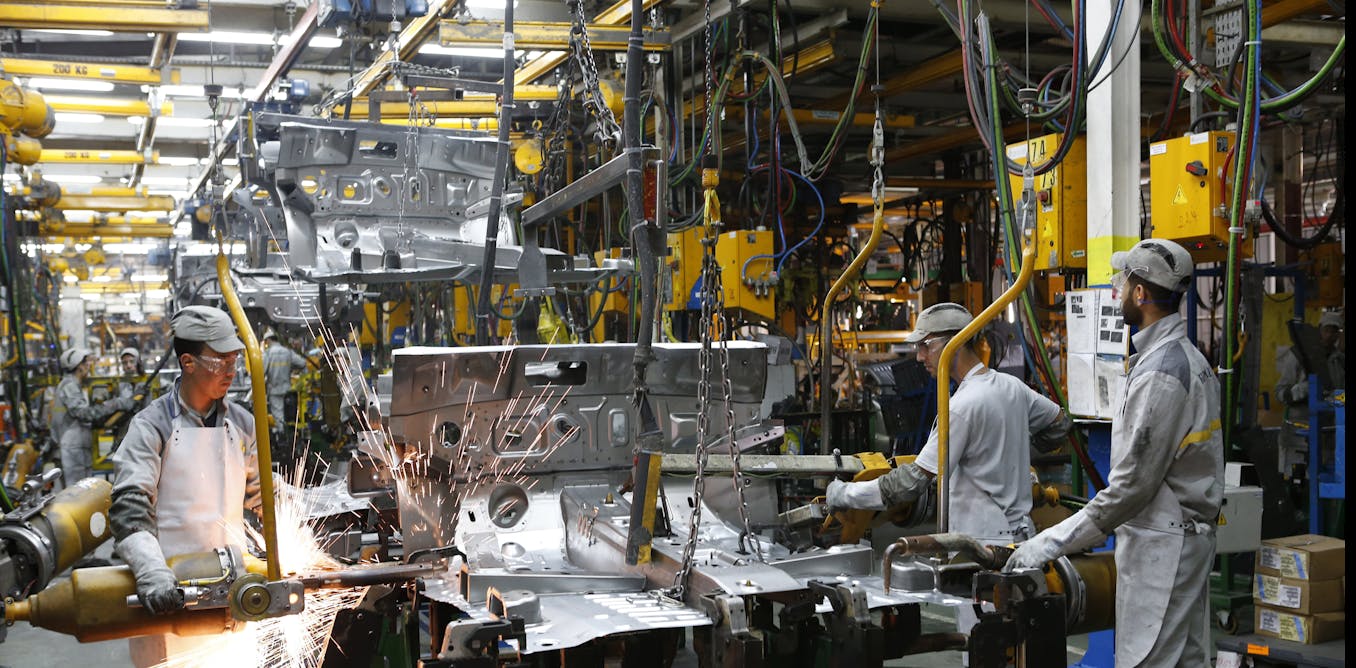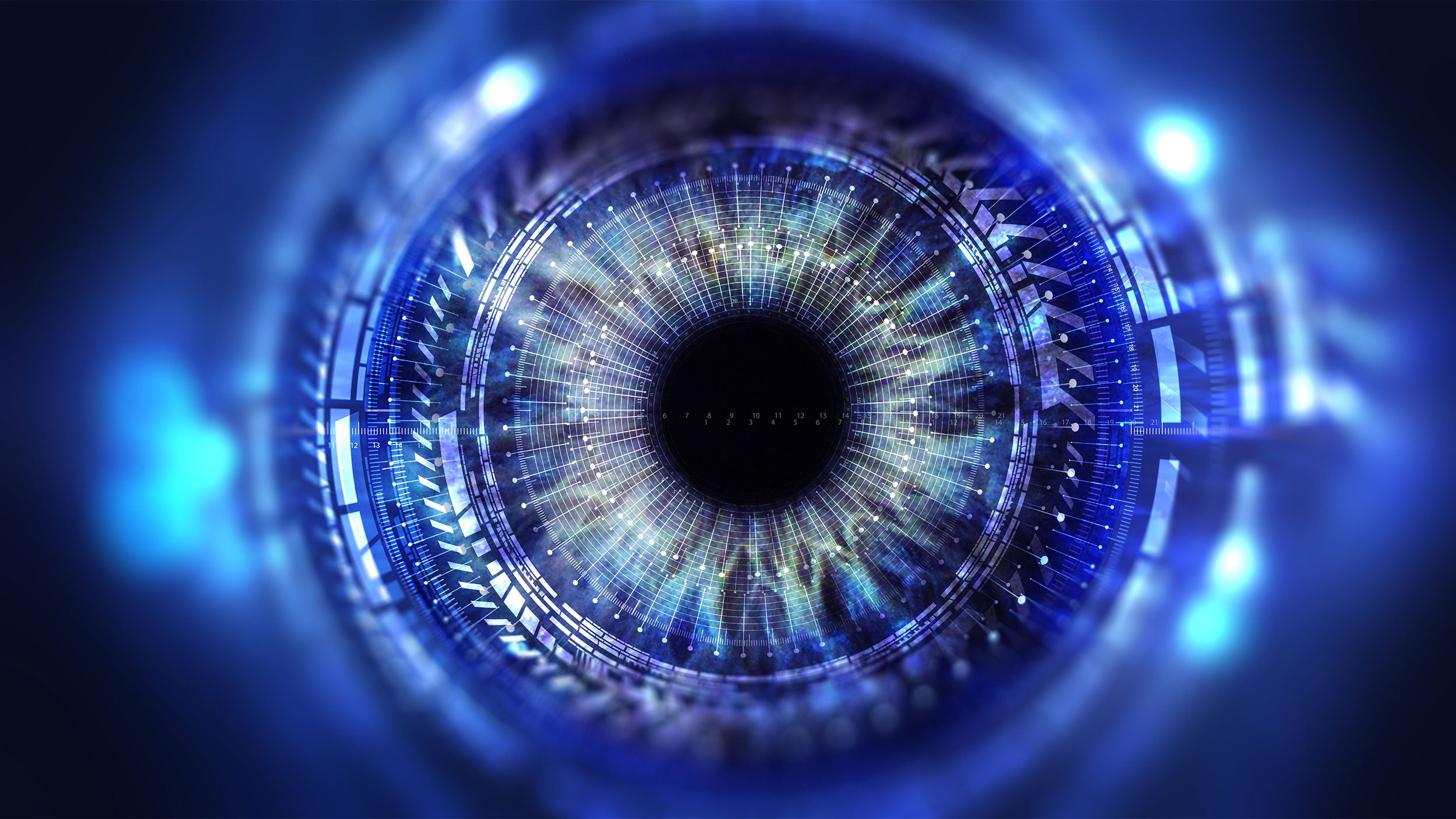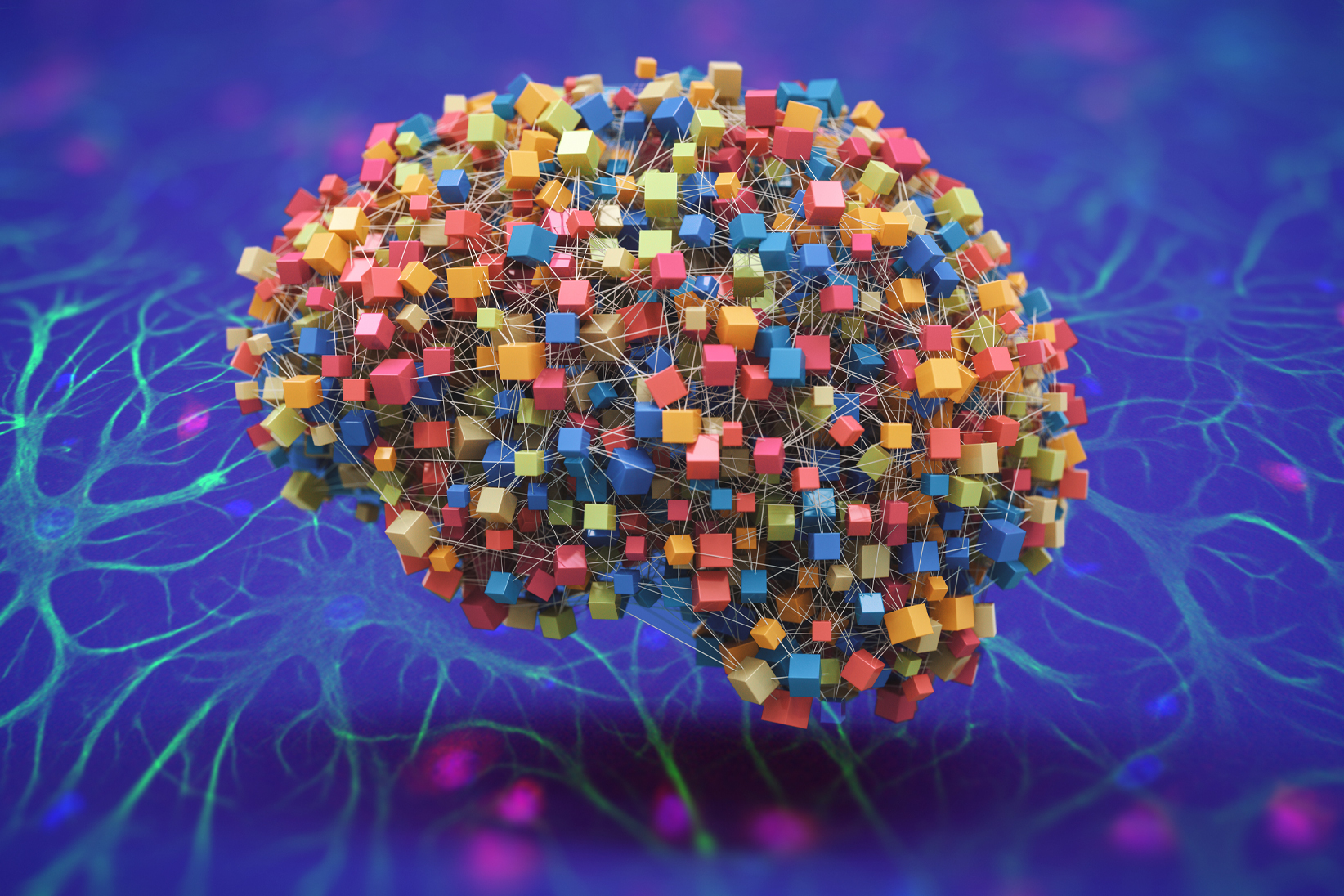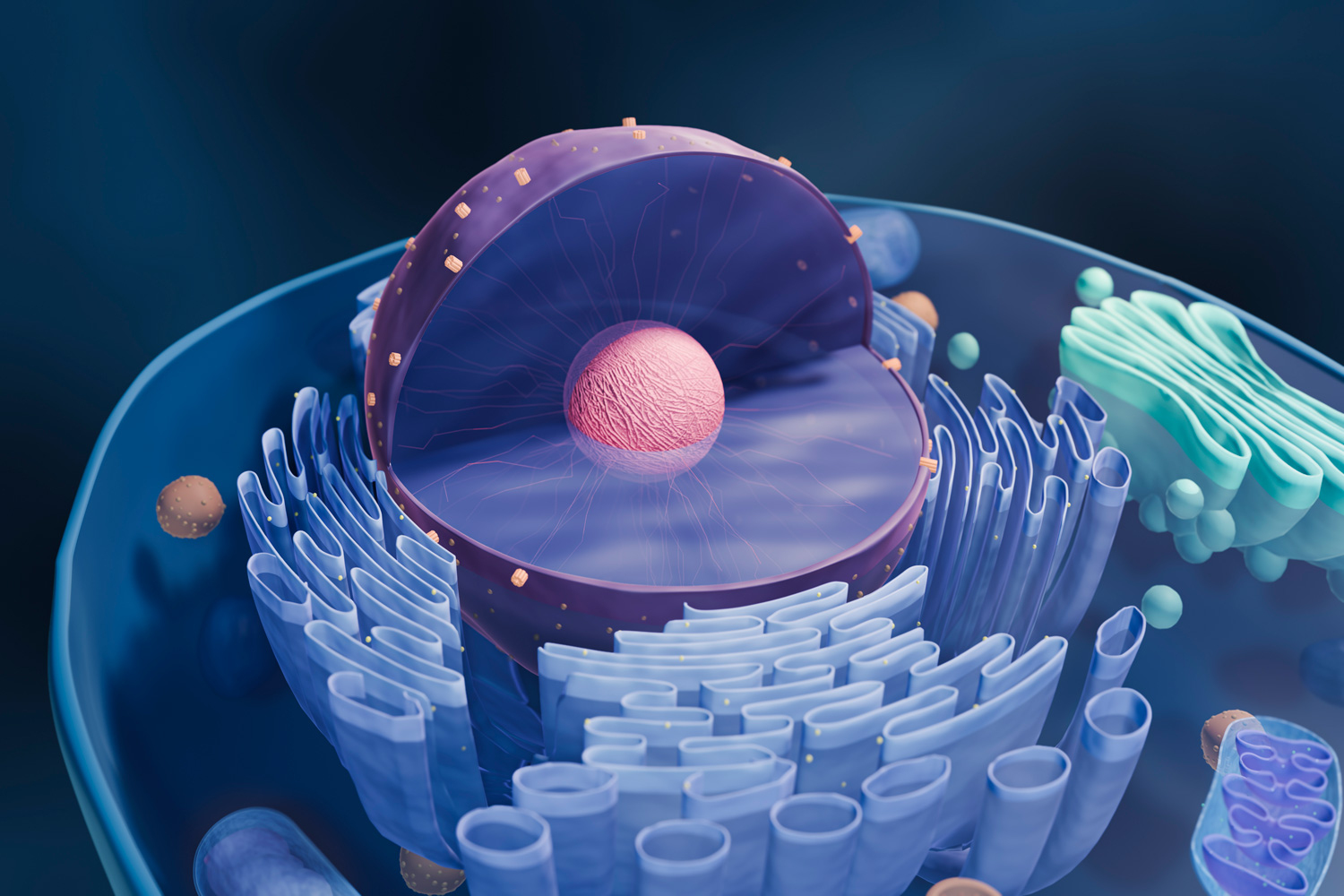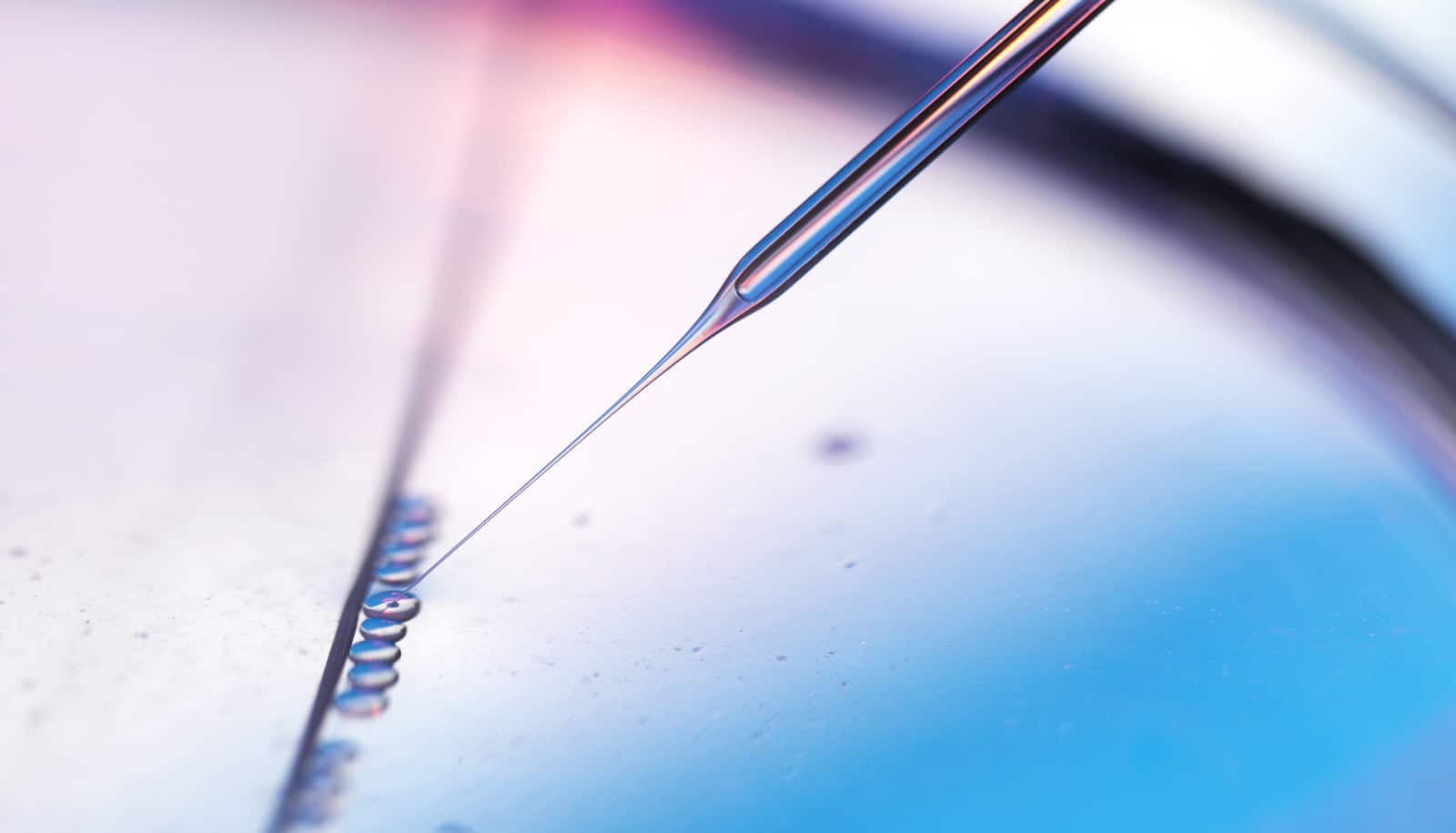Machines can't always take the heat − two engineers explain the physics behind how heat waves threaten everything from cars to computers
People aren’t the only ones harmed by heat waves. The hotter it gets, the harder it is for machines to keep their cool.
Aug. 29, 2023 • ~9 min

